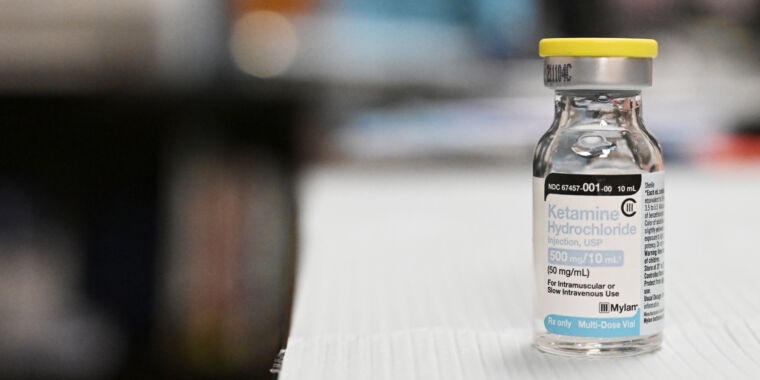
Researchers Eliminate Matrix Multiplication in LLM...
Researchers have made a groundbreaking discovery in the field of artificial intelligence by eliminat...
Read more
A new study published in the journal JAMA Psychiatry has found that a daily dose of oral ketamine, taken as a pill, can significantly reduce symptoms of depression in patients who have not responded well to traditional treatments. The study involved 120 participants with major depressive disorder who were randomly assigned to receive either ketamine or a placebo for 14 days. The results showed that those taking ketamine experienced a significantly greater reduction in depression symptoms compared to those taking the placebo. Notably, the effects of ketamine were observed as early as the first day of treatment and persisted for at least two weeks. This study provides further evidence that ketamine could be a valuable treatment option for individuals struggling with treatment-resistant depression. However, the authors acknowledge several caveats. Firstly, the study was relatively small and short-term, necessitating further research to confirm the long-term efficacy and safety of ketamine treatment. Secondly, the study did not address potential side effects, such as dissociation and sedation, which are known to be associated with ketamine. Lastly, the study only included participants with major depressive disorder, and further research is needed to determine if ketamine is effective for other forms of depression. Overall, while the findings of this study are promising, more research is needed before ketamine can be widely adopted as a treatment for depression.
Summary
"Ketamine pills show promise as a treatment for depression, with positive results in a recent trial. However, the study was limited in scope and more research is needed to understand its long-term effects, potential side effects, and effectiveness for different forms of depression."
Updated at: 06.27.2024
Categories